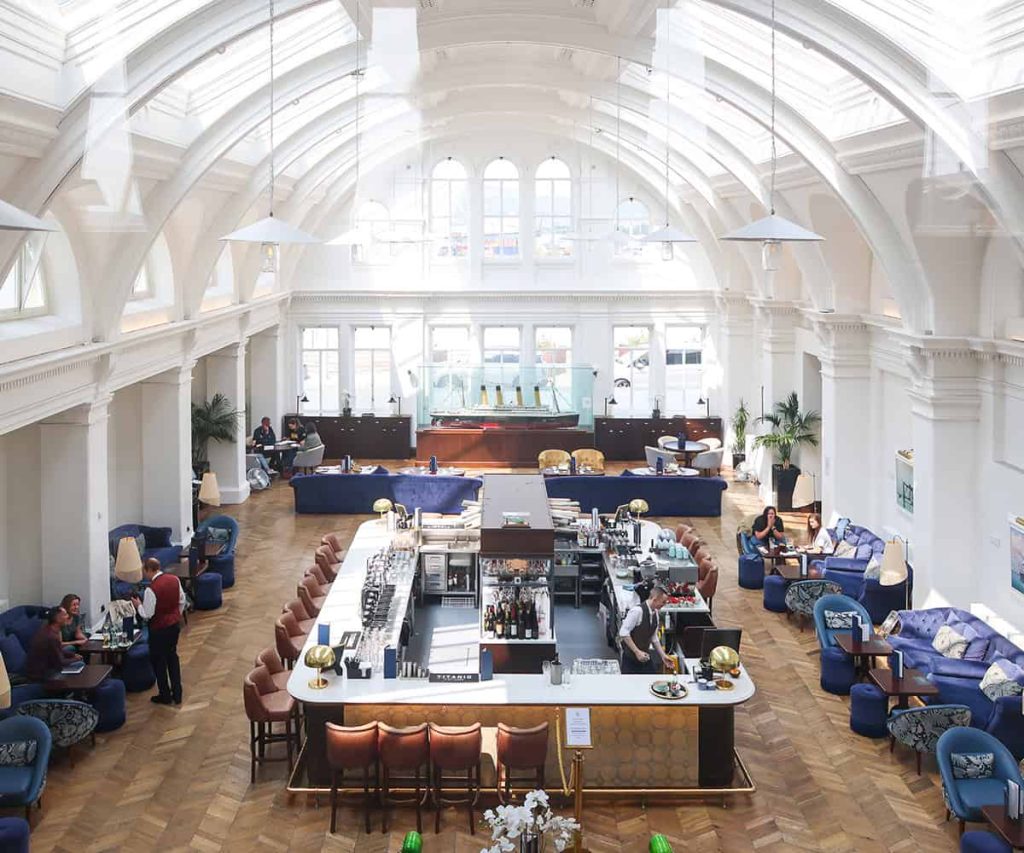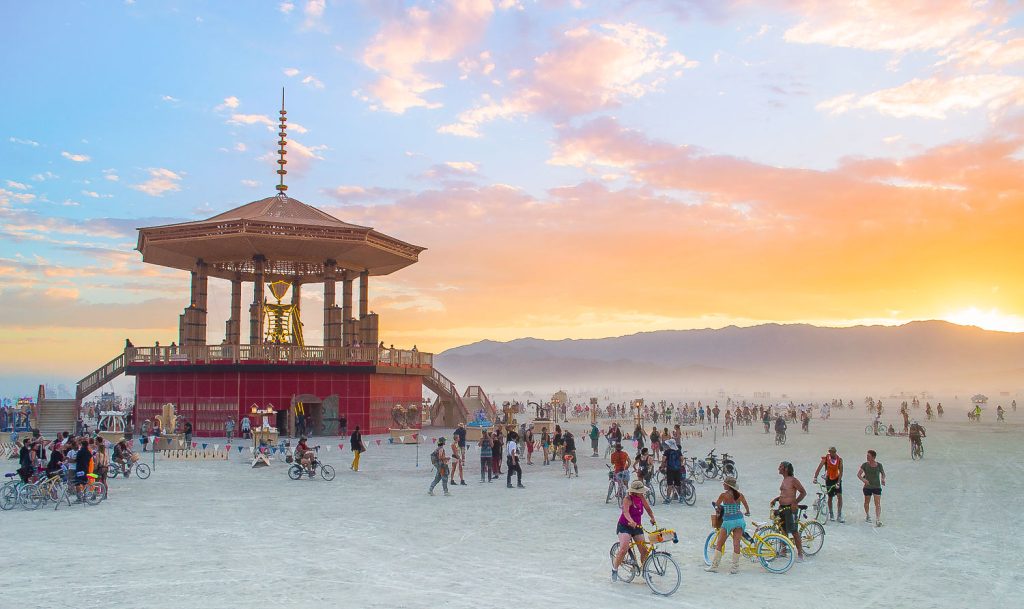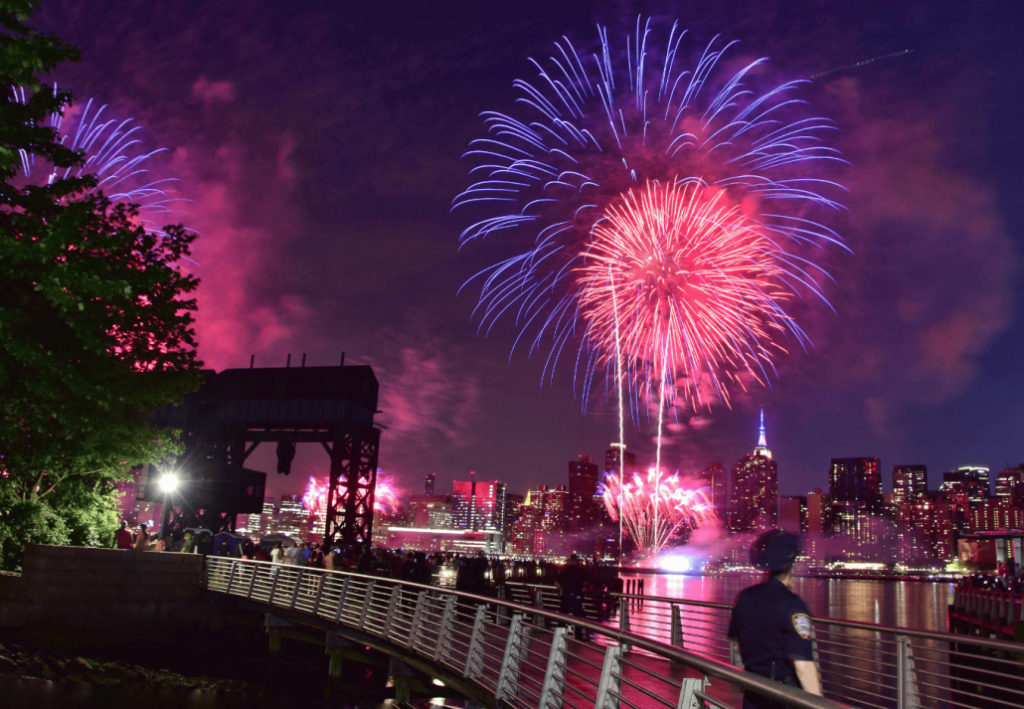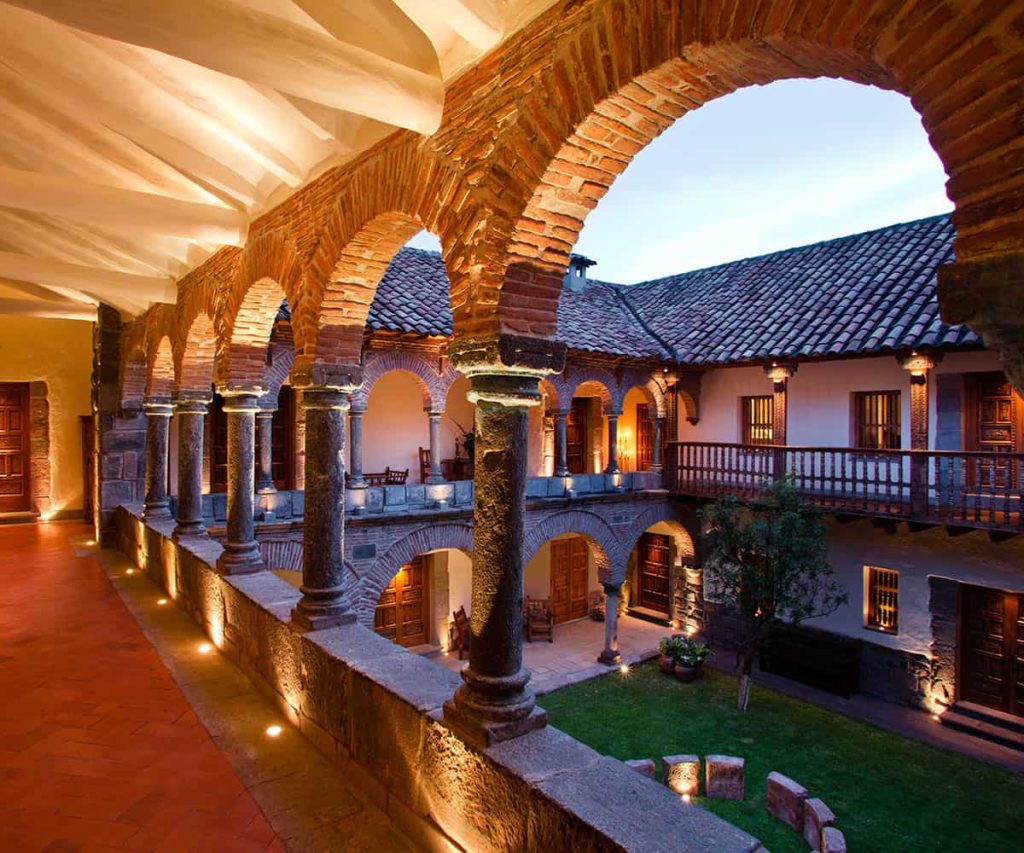4 Surprising U.S. Cities With New Luxurious Resorts This Summer
Share The Article Tired of the same-o, same-o vacations? Me too. Right now, many Americans’ favorite beach getaway (Cancun) is blanketed with seaweed, with water reminiscent of the Tijuana River. Not exactly paradise, right? Problems like these give travelers the chance to open their eyes to new possibilities; that’s when we discover the magic of travel rather…
4 Surprising U.S. Cities With New Luxurious Resorts This Summer Read More »









